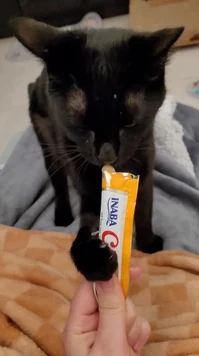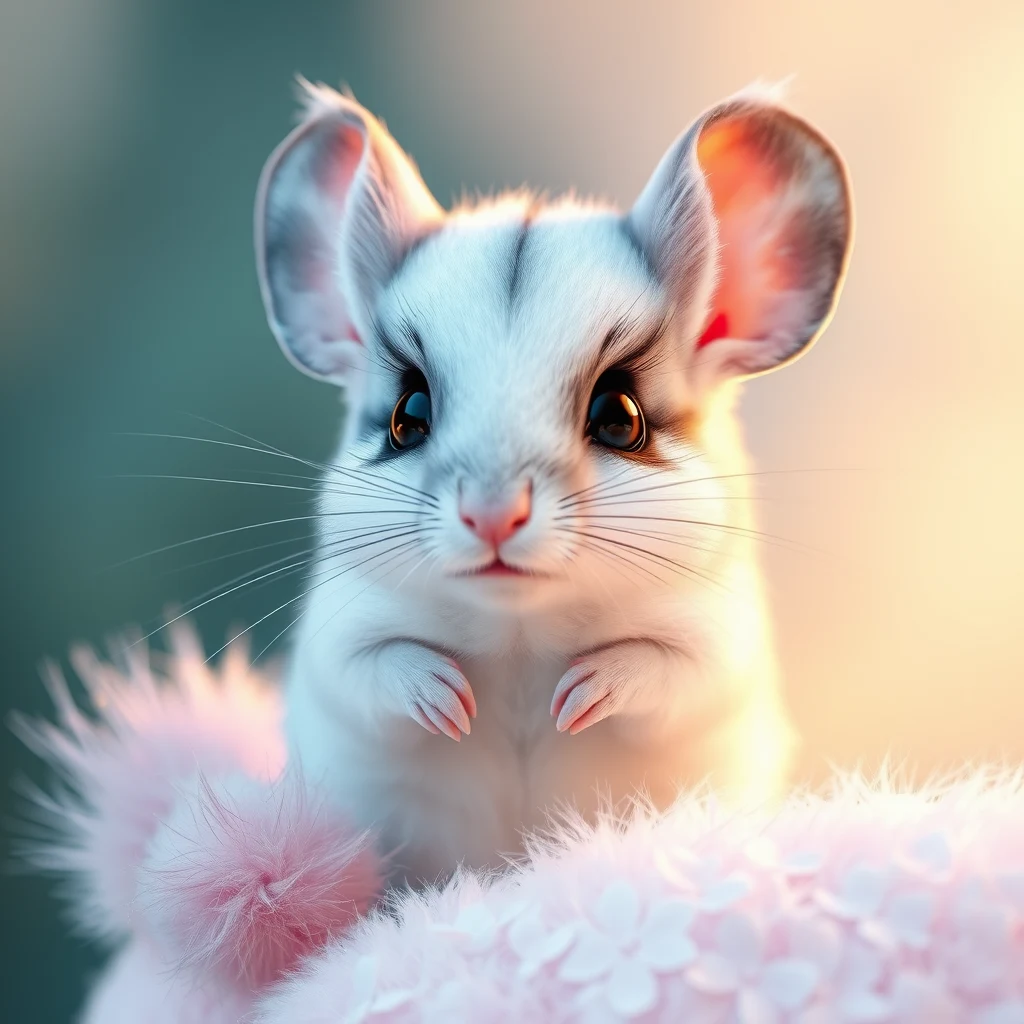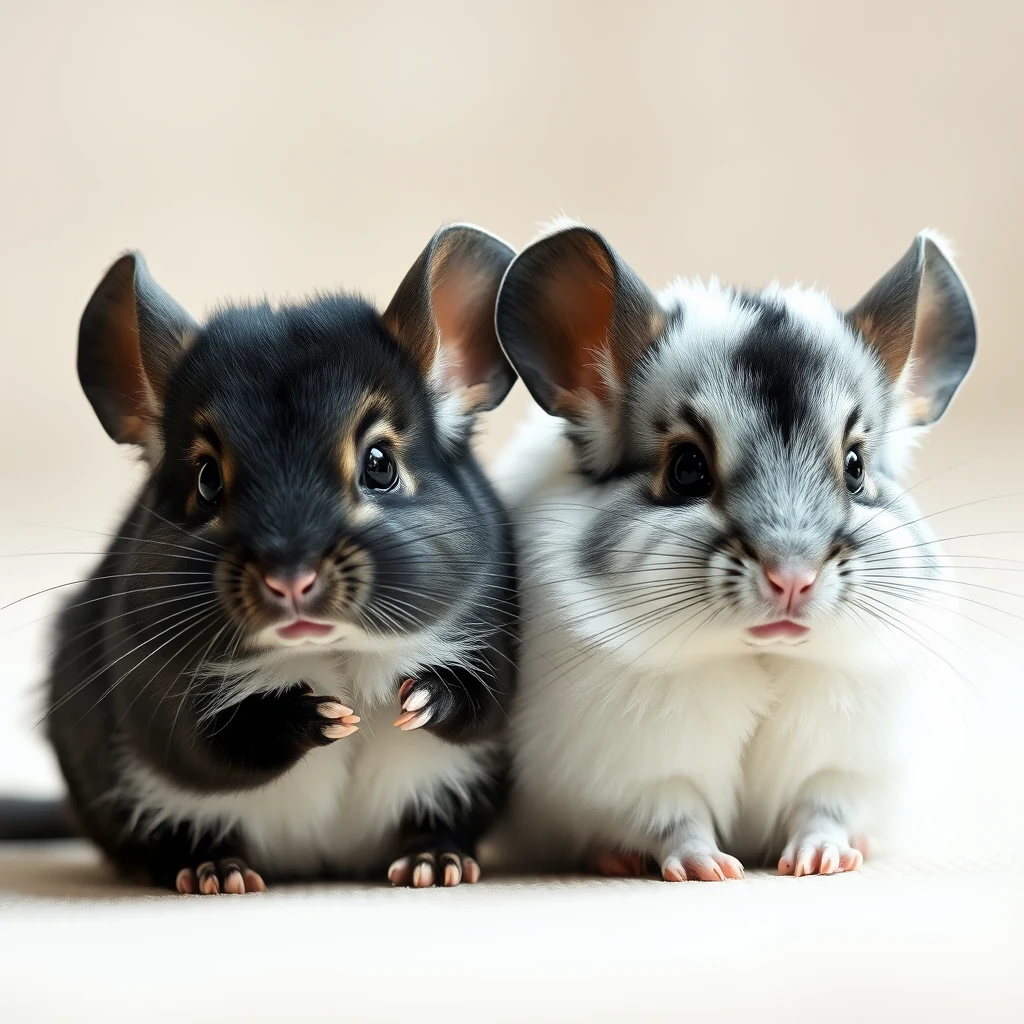- 52
- 68
Invasive mice are devouring albatrosses alive on a remote island in the Indian Ocean, so conservationists have come up with an explosive solution — "bombing" the mice.
Mice have been wreaking havoc on Marion Island, between South Africa and Antarctica, for decades. Humans accidentally introduced the mice in the 19th century, and the rodents have since developed a taste for wandering albatrosses (Diomedea exulans) and other threatened seabirds.
Eight adult wandering albatrosses (Diomedea exulans) were found dead on Marion Island during a June expedition.
The Mouse-Free Marion Project, a collaboration between the South African government and BirdLife South Africa, is trying to raise $29 million to drop 660 tons (600 metric tons) of rodenticide-laced pellets onto the island in winter 2027, AFP news agency reported on Saturday (Aug. 24).
The project plans to send a squad of helicopters to drop the pellets. By striking in winter when the mice are most hungry, the conservationists hope to eradicate the entire mouse population of up to 1 million individuals.
"We have to get rid of every last mouse," Mark Anderson, CEO of BirdLife South Africa, told AFP news agency. "If there was a male and female remaining, they could breed and eventually get back to where we are now."
House mice (Mus musculus) first arrived on Marion Island via sealing ships. They began their reign of terror by decimating the island's invertebrates and feasting on seabird eggs. By 2003, the mice were eating seabird chicks alive, and now, a decade later, the mice have figured out they can take on adults, too.
Researchers discovered the carcasses of eight adult wandering albatrosses in April 2023. The birds had deep wounds indicative of mice attacks on their elbows and likely died of secondary infection or starvation. Since then, further reports of adult seabird fatalities show that mouse attacks are escalating.
"Mice just climb onto them and just slowly eat them until they succumb," Anderson said. "We are losing hundreds of thousands of seabirds every year through the mice."
Albatrosses are defenseless against mice because they didn't evolve alongside terrestrial predators. They spend most of their lives at sea, and nesting sites like Marion Island are so isolated that mice and other non-marine mammals couldn't reach them until humans came along. Because the birds evolved to live in an environment where they didn't encounter any terrestrial predators, they don't possess any mechanisms by which they might defend themselves.
A previous attempt to control Marion Island's invasive mice population with cats had dire consequences. Researchers took five cats to the island's meteorological station in 1948, but the offspring of these cats went feral and hunted seabirds as well as mice.
The feral cats bred and spread across the island until they were killing an estimated 455,000 birds a year in the 1970s. Researchers successfully eradicated the cats in 1991.
The rodenticide at the heart of the new eradication strategy, in contrast, should only kill mice because it doesn't affect Marion Island's native invertebrates and the seabirds usually feed at sea.
Protect the birds! 
- 18
- 46
This cat's puking very frequently after a de-wormer. I was instructed by the vet to wash the application site and bring Sheila in tomorrow.  what is money anyway?
what is money anyway? 

She's puked 6 times in 5 days, it is very necessary to bring her in. Good thing I still have nutrient supplements and syringes for drop-watering. Pray for her, I'm clearly being punished.
- 4
- 10
Shrimp tank was looking empty and dull, decided I would trim the plants and replant it.
Everything in this tank is almost a year old except the betta, I've changed out to a dimmer light to hopefully cut back on the algae growing.
She stopped trying to eat the shrimp after the first day.
- 19
- 28
- HailVictory1776 : Just jump in the water. Stupid fricking cat
- 21
- 56
A lion pushes its child without knowing it is water pic.twitter.com/eiM6bTkpU4
— Nature is Amazing ☘️ (@AMAZlNGNATURE) October 23, 2024
Kamala will win
- 5
- 35
Inspired by the various sounds of American sci-fi films and television, 7 tree frogs that make otherworldly sounds were named after characters from Star Trek.
The international team of scientists said their high-pitched whistling calls are like sound effects from the iconic sci-fi series.
All 7 new animals come from the frog genus Boophis, and emit "bird-like" whistling sounds in their communication with other frogs, rather than croaks. According to Professor Miguel Vences, a Trekkie to some degree, such whistling sounds are used often in the classic sci-fi franchise.
"That's why we named the frogs after Kirk, Picard, Sisko, Janeway, Archer, Burnham, and Pike, seven of the most iconic captains from the sci-fi series," said Professor Vences.
Boophis picardi
Assistant Professor Mark Scherz of the Natural History Museum of Denmark, joked that while there weren't any phasers or stars in the rainforests of Madagascar, there was quite a lot of "trekking."
"A few species are found in places accessible to tourists, but to find several of these species, we had to undertake major expeditions to remote forest fragments and mountain peaks," said Scherz. "There's a real sense of scientific discovery and exploration here, which we think is in the spirit of Star Trek."
He explained that the otherworldly calls of the frogs are known as "advertisement calls," a type of self-promotion that may convey information about the male frog's suitability as a mate to females.
Scherz says that particular group lives along fast-flowing streams in the most mountainous regions of Madagascar, a noisy background that may explain why the frogs call at such high pitches.
He said some of the frog calls might remind Star Trek fans of sounds from the so-called "boatswain whistle" and a device called the 'tricorder.' But, to other people, they may sound like a bird or an insect.
"If the frogs just croaked like our familiar European frogs, they might not be audible over the sound of rushing water from the rivers they live near," said Dr. Jörn Köhler, who played a key role in analyzing the calls among the study team. "Their high-pitched trills and whistles stand out against all that noise."
The calls also lined up with the genetic analysis the team performed, according to their findings published in the journal Vertebrate Zoology. Madagascar is renowned for its biodiversity, and research in its rainforests continues to uncover hidden species.
The island, around the size of France, is home to about 9% of the world's frog species.
"We've only scratched the surface of what Madagascar's rainforests have to offer," said Professor Andolalao Rakotoarison, of the Université d'Itasy, Madagascar. "Every time we go into the forest, we find new species, and just in terms of frogs, there are still several hundred species we haven't yet described."
She and the rest of the team have described around 100 new species from the island in the last 10 years alone.
The research team hopes their latest discovery will strengthen conservation efforts in Madagascar's rainforests.
!trekkies does it sound like a tricorder to you? 
- 4
- 23
Koi carp collector loses 25 prized fish in 'otter massacre'
Mr Smith found the koi, some of them beheaded and others with their tails bitten off, scattered around his garden at the weekend.
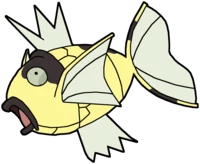
The 75-year-old's wife, Yvonne, discovered the dead fish beside the pond in the couple's back garden on her way to work.
She then alerted her husband, who said the scene was "horrendous".
- 20
- 46
RIP my giant, sassy momma's boy.
Diego was one of our family's 5 horses when I was growing up. I was "born into" a stable with 3 geldings, and rode like a wild child without even bothering with saddles or even a proper bridle. The way those geldings were, only one ever really needed to be ridden with caution (of course it was our mustang).
Cool was our only girl horse. She's Diegos momma. She was 1 month older than me exactly when I found her while shopping for my own show horse at 9 years old. But miss Cool had a predicament: the most expensive and giant stud on the ranch had sneakily impregnated her, and the vet's die not recommend "allowing full pregnancy." She was slated to get pregnant to popping and then sold for dog food, baby and all. She very immediately was rescued by my family. She was not a ridin' horse. Neither much was Diego. So I gave up showing horses for them, which frankly, is fine by me. Diego was a fine patrol horse and he and I volunteered time with local search parties. He came in handy, and it will be very hard to, one day, choose to open my heart to another horse. But I plan to do so eventually. I'll never find an animal who can give me a concussion like Diego did, what a catch lmao
- 4
- 13
- Slippery_Santa : No cute pics in post.
- 25
- 48
Administrators cannot discuss panda illness, death, disease or "any other important matters" without first consulting with their Chinese partners, whose views "shall be fully respected."
"In cases where release of related information to the outside world or acceptance of media interviews is necessary, it shall be implemented only after communication and consultation between the parties and a consensus is reached," the contracts read. "And where no consensus is reached, no news shall be released."
...
Zoos pay up to $1.1 million a year to rent pairs of pandas from China. To raise money, zoos court donations from everyday people and big-ticket philanthropists.
The arrangement is, at its heart, a rental. China retains ownership of the pandas, and zoos pay for the right to display and breed them for a decade.
But the China Wildlife Conservation Association prohibits zoos from discussing the deal in that way. "Commercial terms such as 'lease,' 'rental,' 'loan agreement' or 'contract' shall not be used," the National Zoo's current contract dictates.


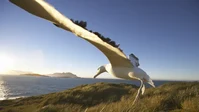



 Mice on remote island that eat albatrosses alive
Mice on remote island that eat albatrosses alive  sentenced to death by 'bombing,' scientists decree
sentenced to death by 'bombing,' scientists decree 








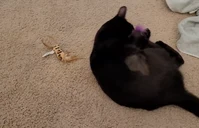

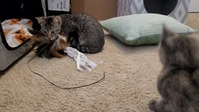





























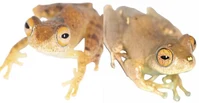

 : 'To Boldly Croak' Seven New Frog Species Named After Star Trek Captains
: 'To Boldly Croak' Seven New Frog Species Named After Star Trek Captains 

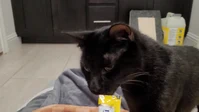

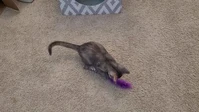






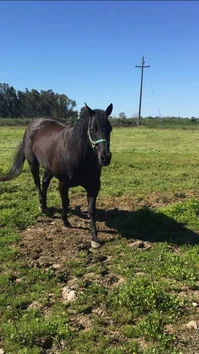




 lunar housing crisis victim
lunar housing crisis victim 
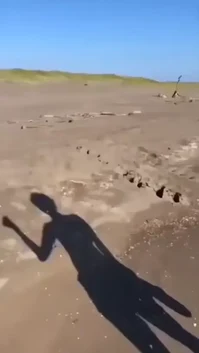


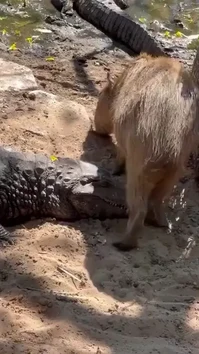

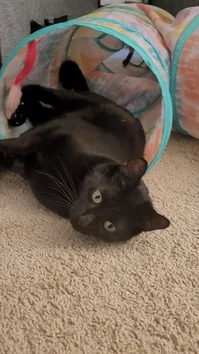
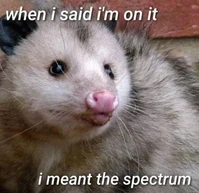

 THE ROBOT IS STUCK!
THE ROBOT IS STUCK! 
